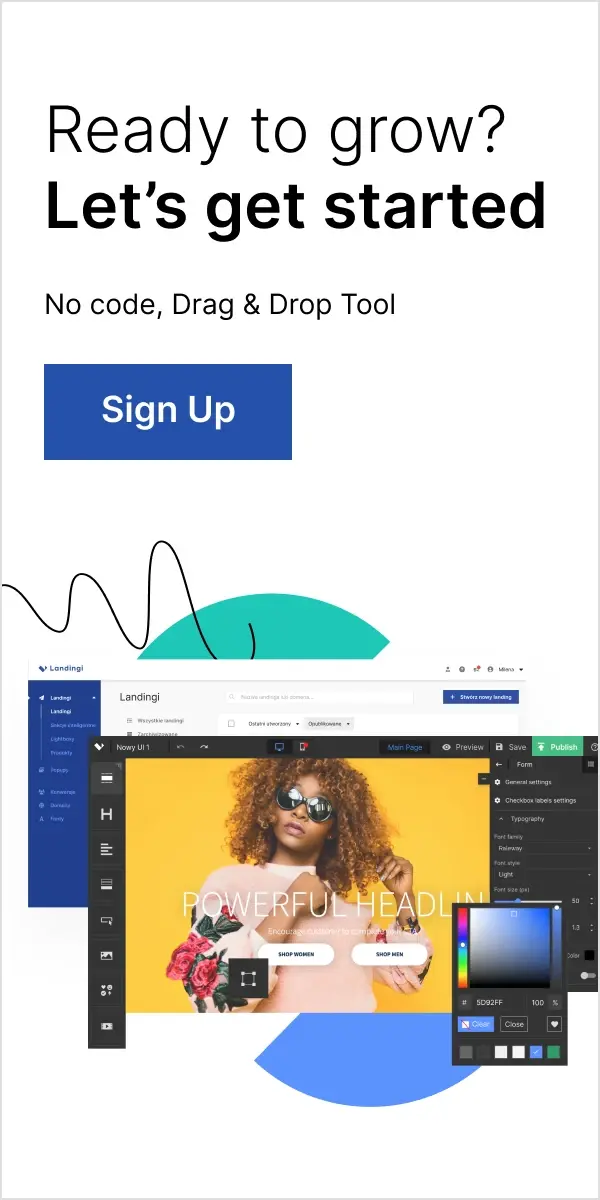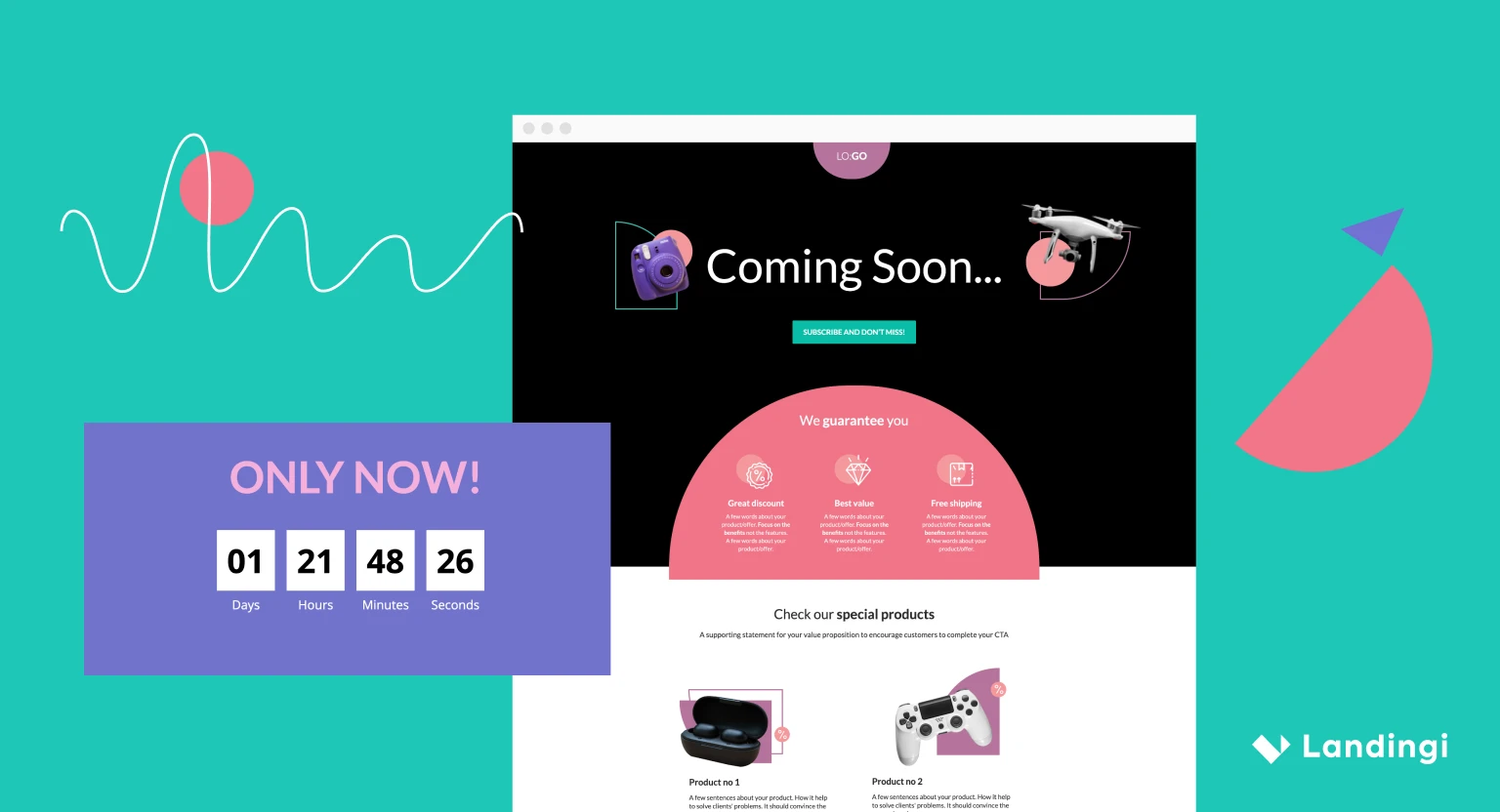One of the best ways to succeed in business is to find what you do best and embrace it. No one can be all things to all people, so you should focus on what you excel at and what makes you different. In other words, you need to find your niche. Creating a business from this niche allows you to provide products and services to audiences that other companies have overlooked. Creating a niche business allows you to scale more easily, market to a qualified audience, and reduce your competition.
Niche Business Definition
A niche business is a smaller segment of a larger market; it’s specific and targetable. The audience is narrow,defined and has very specific needs. There are many ways to define a niche:
- Price – Walmart’s niche is low prices.
- Demographic base – Manscaped’s niche is men’s “below the waist” grooming
- Level of quality – Coach’s niche is upscale quality purses and accessories
- Psychographics – Vegan Outfitters niche is vegan clothing.
- Geographic – Kansas City’s Westside Local’s niche is locally-sourced food
Other niche market ideas:
| Business | Niche Business |
| Cleaning service | Restaurant cleaning service |
| Accounting service | Accounting services for self-employed |
| Baked goods | Gluten-free baked goods |
| Car rental | Luxury & performance car rental |
| Home décor | Home décor for tiny houses |
| Groceries | Whole Foods |
| Running shoes | Running shoes for people with fallen arches |
How to Choose a Niche
Not sure which niche to choose? Here are a few things to consider and a few questions to answer:
- Embrace your passion – What do you like to do? What do you LOVE to do? What are you good at? Make a list, then ask yourself: Can any of these things be spun into a business?
- Solve a problem – Is there something you want to buy or a problem you’d like solved, but you can’t find the product or service? Take a look at Reddit or Quora using keywords related to your niche business idea. Is there an underserved consumer segment that has a need?
- Evaluate the opportunities – Have you talked to people? Check Google trends: Are people doing searches related to your niche?
- Check out the competition – Has someone already done what you want to do? Are they doing it well? Can you do it better?
- Do a reality check – Is the niche profitable? Will enough people want what you have to offer? According to CB Insights, 42 percent of the former business owners believe they failed because rather than trying to fill a market need, they concentrated instead on creating a solution for a problem that didn’t exist.

Some ways to further evaluate your niche business ideas:
- Create a landing page (NOT a whole website – yet) and offer a trial of your product or service. You can do this easily with a tool like Landingi which allows you to create and optimize landing pages without any programming skills.
- Create a Google Ads account, run campaigns and choose keywords to drive traffic to the page then evaluate the traffic you get.
- Survey the market you’re targeting with a Facebook poll, or a Google survey, to help determine whether there’s a need for your business

If your niche is too narrow or if your niche product isn’t something enough people want, it’s not a feasible business. Your business needs to be narrow, yet wide enough to be profitable. Make sure you’re completely familiar with the niche and the wants and needs of the audience. Make yourself an expert in your niche to ensure you can serve your audience well.
The Benefits of Niche Marketing
- Less competition – One niche marketing advantage is that you are in the minority. That means a smaller target audience, but fewer brands to compete with.
- A more easily targeted audience – Because your niche is narrowly defined, it’s much easier to identify your target market. You’re not trying to appeal to wide swath of the population; it’s a very specific group and it has a lot in common in terms of needs and wants.
- A more qualified audience – All businesses must determine a target audience and buyer personas, but with a niche market it’s much easier. Because the audience is so specific, they are already more qualified than a typical audience – and that means you can make the most of your marketing budget.
- Brand loyalty – You’ll have fewer people in your audience, which gives you the opportunity to provide stellar service. Stellar service makes for satisfied customers who become loyal brand ambassadors.
- You’ll stand out – Many niche businesses are unique. Unique businesses stand out. They get attention from media and bloggers, they’re easier to find in search and they have a more visible online presence.
The Disadvantages of Niche Marketing
So, niche business marketing sounds great, right? Well, there are some disadvantages of you need to be aware of. Here are four of the biggest ones:
- Growth may be limited – If you have a very specific niche you may not have a huge customer pool, so finding new prospects could be a problem as time goes on.
- No economy of scale – If you’re in a niche business it’s likely that you will never have the production volume needed to lower your operating costs.
- Someone may eat your lunch – If you’re really good at what you do, you might suddenly have a competitor trying to so the same thing you do, but better, or more cheaply. Or a big company may decide to produce a similar product – and they’ll have more money to produce and market it than you do.
- Market changes – If you sell one product and there are changes to markets or regulations that adversely affect you, you can’t compensate for the loss with the sale of other products.
How do you Market a Niche Business?
When you have a niche business, you’re already ahead of the game when it comes to marketing because, as already explained, you have an easily targeted, more qualified audience. Here’s how to market to them:
Listen.
You have fewer potential consumers, so you have a better opportunity to listen to what they say and to respond. Answer all social media questions and comments and thank people for kudos and shares. Never ignore complaints by unhappy customers. No one expects you to have 100% 5-star ratings, so when someone does voice unhappiness, address it so that others can see that you care about your customers. Be calm, don’t escalate, and take it offline if necessary.
Evaluate.
Look at the marketing channels and decide which are most valuable for your niche business. Social media allows hyper-targeted marketing, but not all social channels are the same. Make sure you pick one that works for your niche and don’t choose one because “everyone else is on it.” Find where the target market for your niche lives on social media and bring your messaging directly to them.
Pay Per Click.
PPC is a must for niche markets. You can choose keywords with high intent as well as specific long-tail keywords that people use to find solutions to their problem. Remember “running shoes for flat feet”? That kind of keyword is more specific and shows greater intent than just “running shoes.” The more niche the product, the more specific the keywords become. You’ll get fewer clicks, but better prospects.
Be agile.
You may have chosen a niche market, but you may find another underserved community as you go along. Be ready to tap into that opportunity if it comes up, and, if the opportunity is even better than what you have, be ready to pivot. Seven percent of startups fail because they fail to pivot. Don’t abandon your existing customers, if possible, but don’t ignore opportunity either. Many other companies started out doing something else: Avon was originally a book seller, Hasbro starting out by selling textile remnants. You never know where the road will take you.
Use Users.
User-generated content is content that’s posted by people who use your products or services. Sure you can have celebrities or influencers help market your product, but some of your strongest marketers are your own customers. Consumers are more likely to share UGC with friends and family, and because niche products tend to be unique or unusual, other people interested in that product are more likely to share with their followers – many of whom are also interested in the same niche. It’s fast and free promotion by people who are loyal to your business. Welcome it.
Try alternatives.
Podcasts and webinars, among other tactics, are ways to connect with your audience and show your expertise in your niche. People who trust what you have to say and see you as a thought leader are more likely to buy from you. Don’t do the hard sell, just get your brand out there. Sometimes something as simple as speaking at a conference can raise your visibility and pique people’s interest.
Go offline.
Don’t forget: Digital is not the only way to go. There are offline marketing strategies that can work for small businesses, especially local ones. Think of events, sponsorships, coupons, fliers, billboards and other grassroots strategies. If you have a brick-and-mortar store, take advantage of signage and in-store marketing. There is a long list of marketing channels both online and off. When you have a unique business, you can find unique ways to market it.








